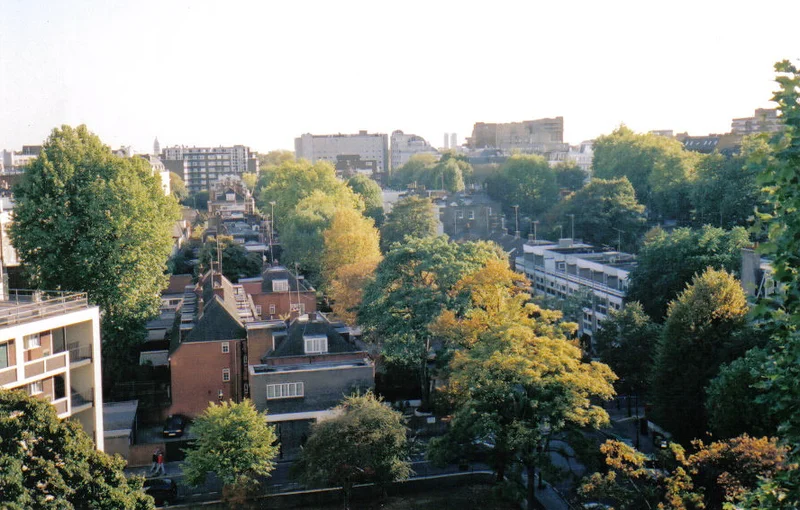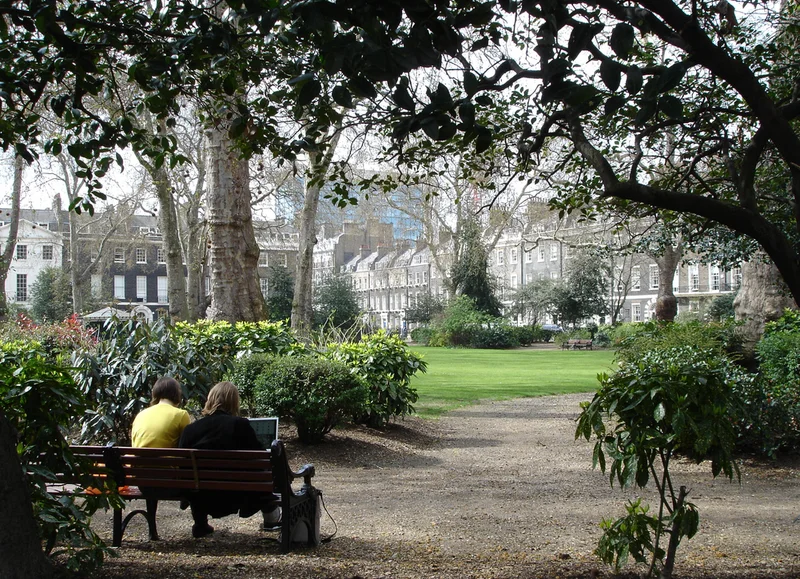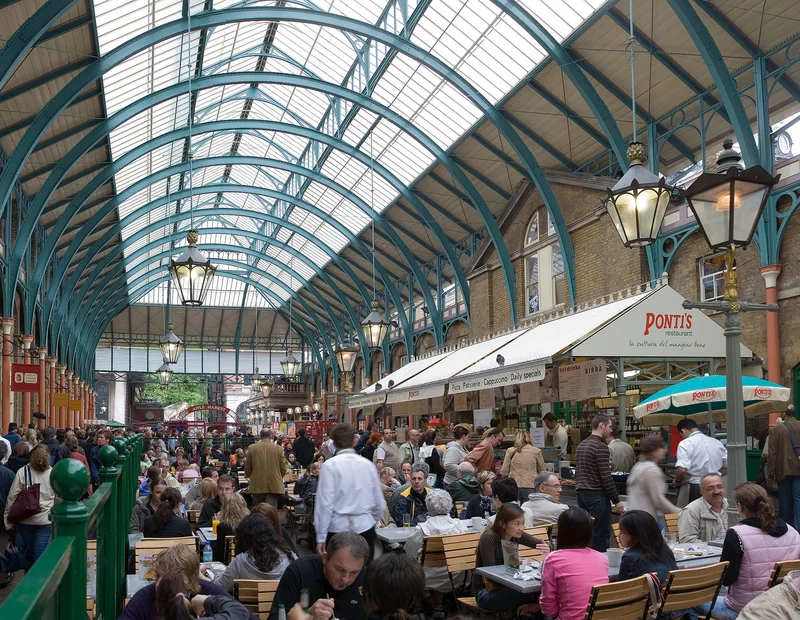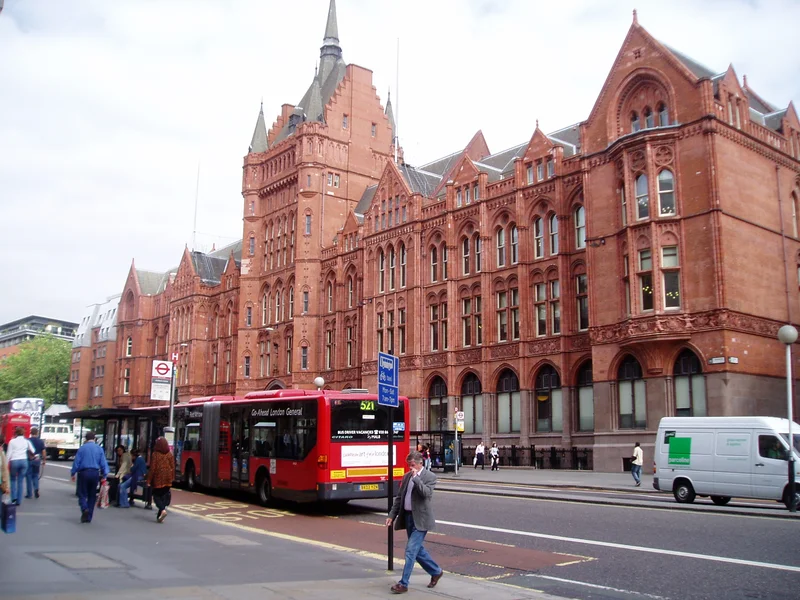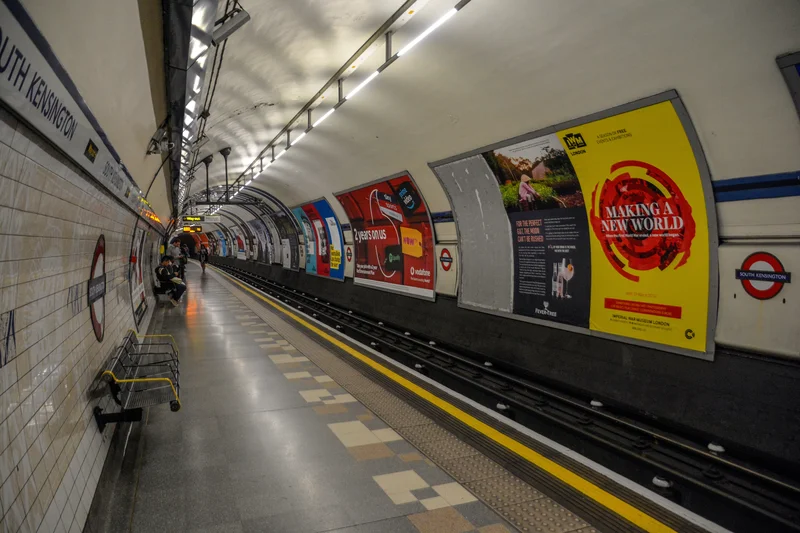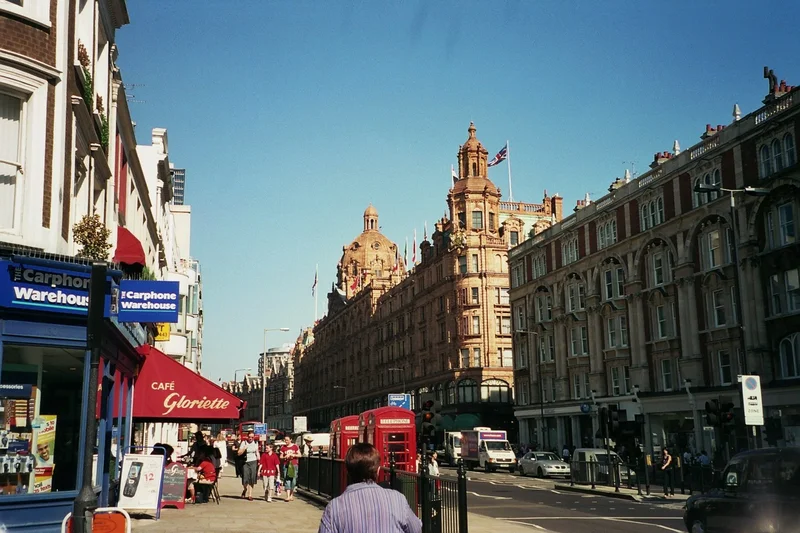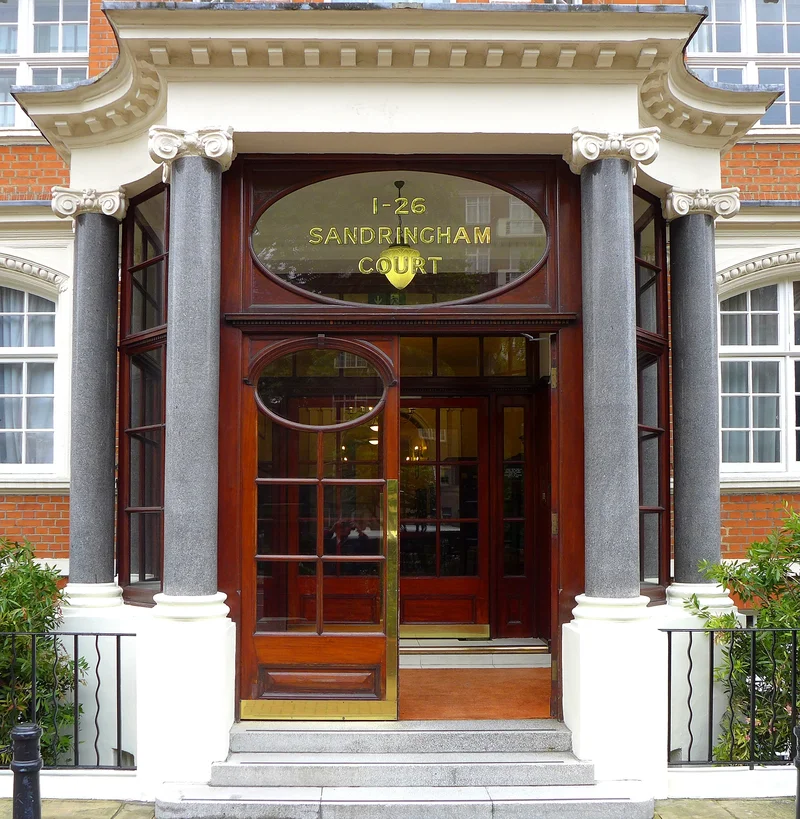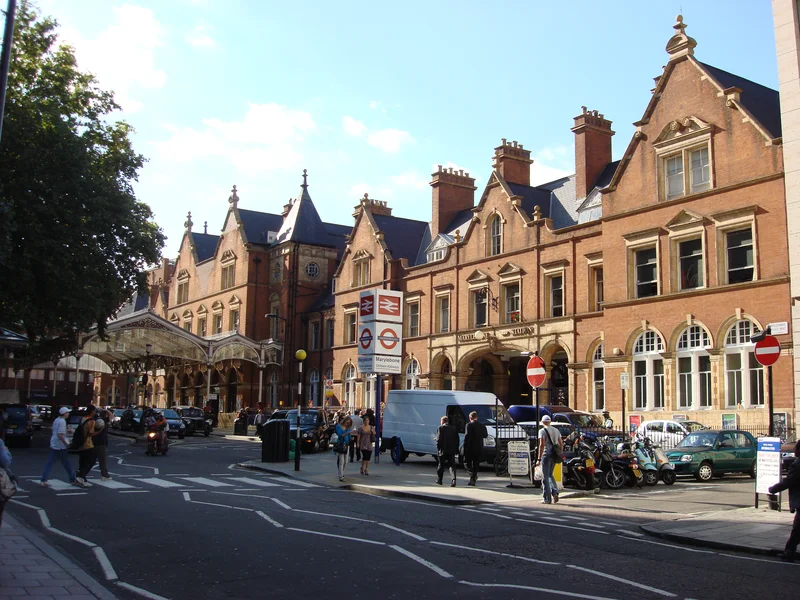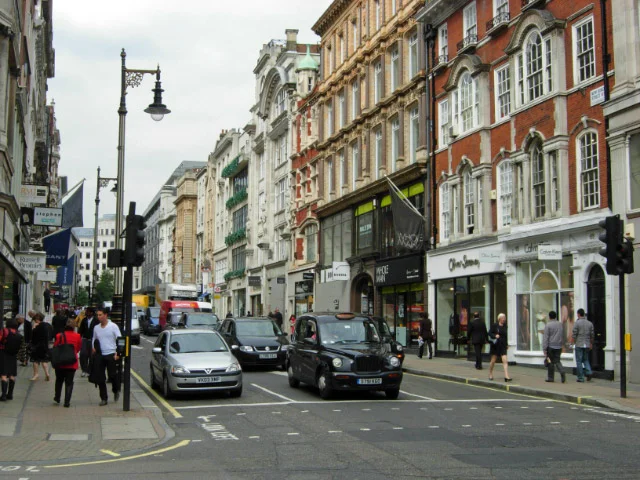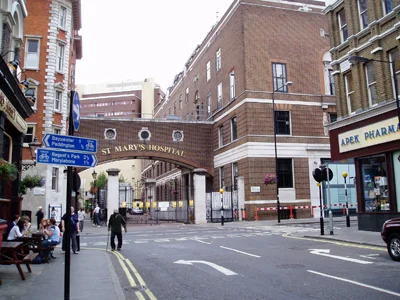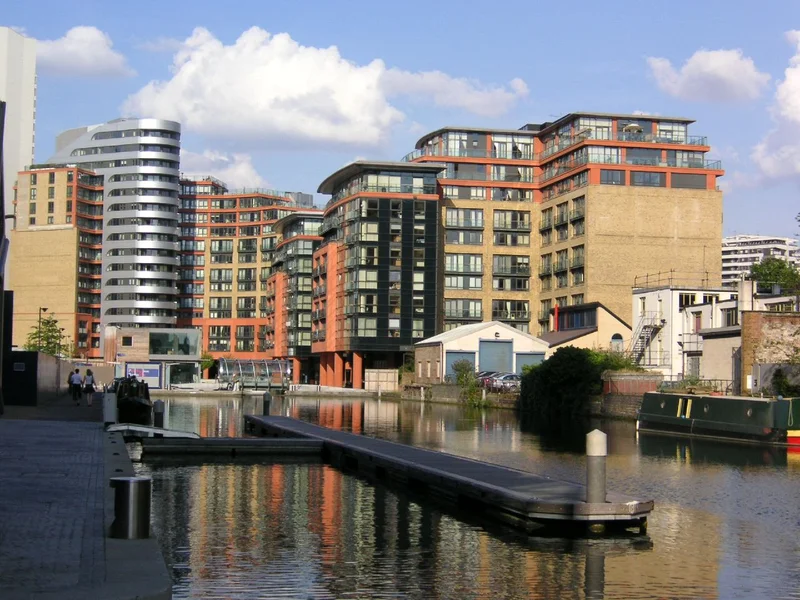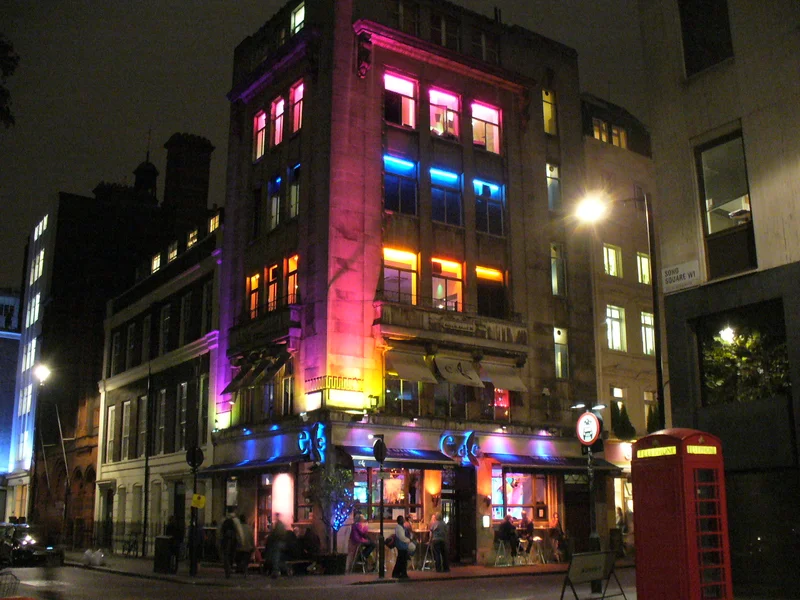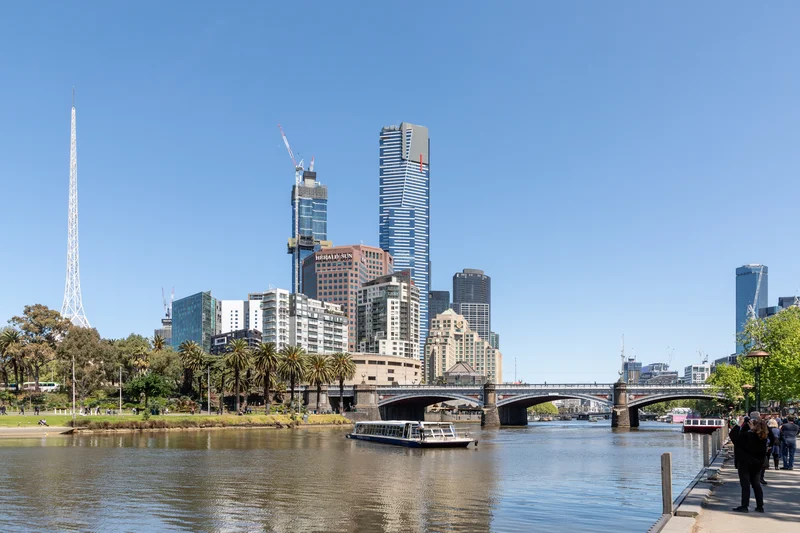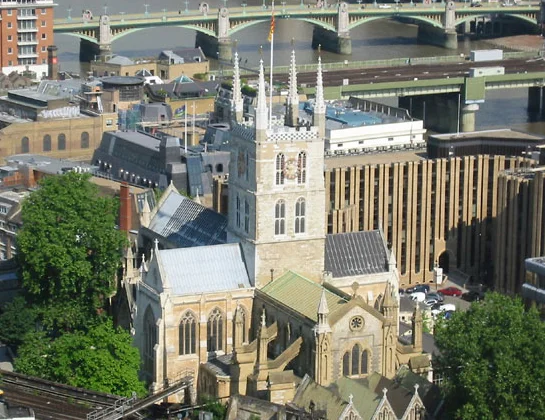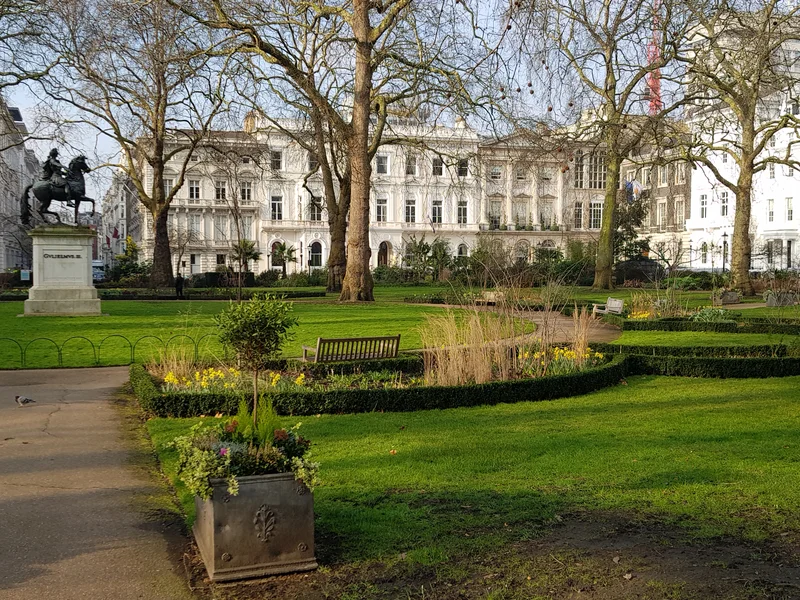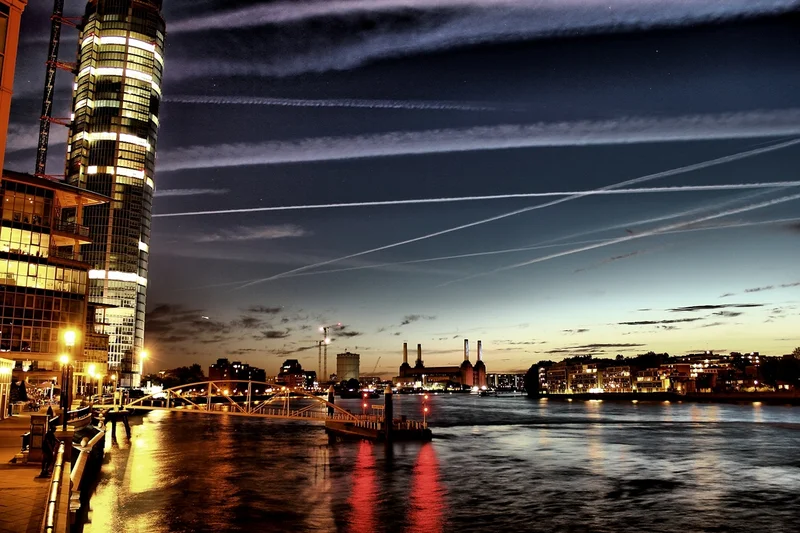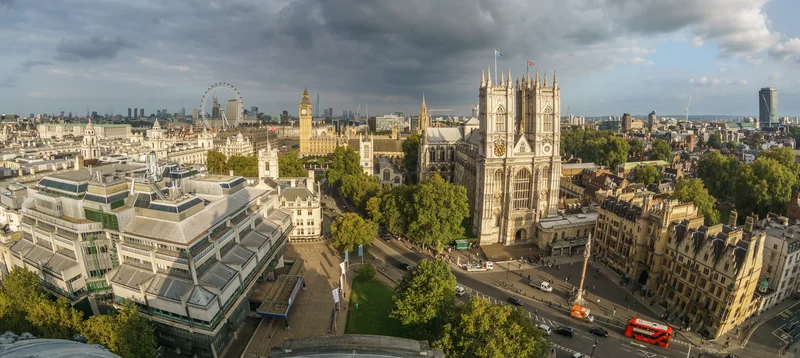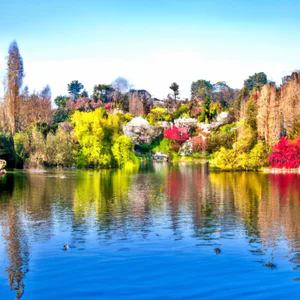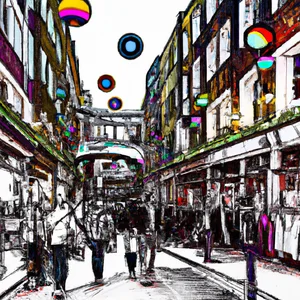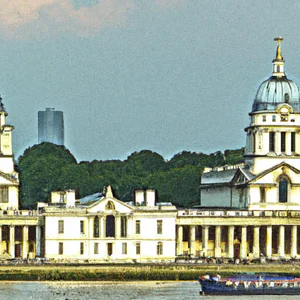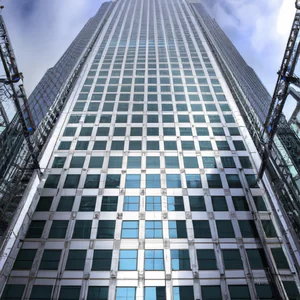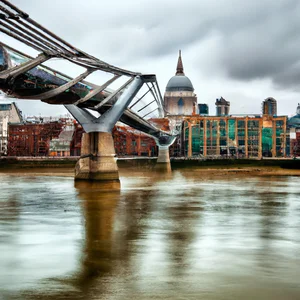Book your experience
Brexit and trips to London
Hey, let’s talk about Brexit for a moment and how it has shaken things up a bit for those who want to travel to London. In short, since all this mess started, there have been a lot of new things to keep an eye on, especially for us tourists.
So, for starters, the passport! Before, everything was a little simpler, right? Now, if you are a European citizen, you have to be careful about how long you can stay. It’s no longer just three months of vacation like it used to be. Maybe once upon a time you went there and, boom, it felt like you were in a movie, with the black taxis and the pubs full of people. Now, well, you have to think about a lot of bureaucratic things that weren’t there before.
And then there is the currency exchange to consider. I don’t know about you, but I really don’t like feeling like my money is worth less. I remember once, during a visit to London, I found a fantastic little restaurant in the heart of Soho. Now, with the exchange rate being a little more unfavourable, I might think twice before ordering a nice plate of fish and chips and a beer.
Plus, queuing at security checkpoints has become a sort of rite of passage. If you’re not used to standing in line, well, get ready, because it might feel like you’re in a theme park… but without the rides! Maybe you need a good book or a fun podcast to pass the time.
And what about passenger rights? I’m not sure, but I heard there were some changes there too, so it’s best to find out before booking. I mean, I don’t want to be alarmist, but there are a lot of things to consider.
Overall, traveling to London is still an experience not to be missed, but it takes a little more care. If you plan to visit iconic places like Big Ben or Buckingham Palace, be prepared to plan carefully. But hey, don’t let that put you off! London always has its charm, even with all these new rules. And who knows, maybe in the end it will be an even more interesting adventure, right?
So, what do you think? Are you ready to embark on this new era of travel in London?
New visitor visa requirements
A personal experience
When I visited London a few months after Brexit, I found myself faced with an endless queue at Heathrow Airport. Around me, travelers from all over Europe exchanged looks of disbelief and confusion. The reason? The new visa rules had generated some apprehension among tourists, who were faced with a more rigorous passport control system. That experience made me think about how small changes in procedures can affect the entire travel experience.
Practical and up-to-date information
With the UK leaving the European Union, tourists from EU countries can no longer enter the UK simply by showing their ID. From 2021, a valid passport is required, and for stays longer than six months, a visa is required. The only countries exempt from this requirement are those that have specific agreements with the UK. For further details, it is useful to consult the official website of the British government or the portal of your country’s embassy.
A little-known tip
A trick that few people know is to check the validity of your passport before leaving. Make sure it has at least six months of validity remaining, as some airlines and border authorities may deny boarding or entry even with a valid passport if it does not meet this requirement. Also, consider carrying a digital copy of your passport with you, in case you lose it.
Cultural and historical impact
This new reality has led to a significant change in the dynamics of tourists in London. Historically, the city has always welcomed visitors from every corner of Europe, creating a unique cultural melting pot. Brexit has made this exchange more complex, but no less interesting. Conversations between tourists and residents now also reflect the challenges and opportunities of an evolving Europe.
Sustainable tourism
From a sustainable tourism perspective, it is important to be aware of your actions when visiting a city that is facing significant changes. Choosing to use public transportation or walking instead of taxis can not only make your stay easier, but also help reduce your environmental impact.
Immerse yourself in the atmosphere of London
Imagine walking along the Thames, admiring Westminster Bridge and listening to the sounds of tourists mixing with locals. London is a vibrant city, and despite the changes, it is still possible to breathe its essence. However, new visa rules may change the way travelers perceive and experience this metropolis.
An activity worth trying
For an authentic experience, I recommend visiting Borough Market. Here, among the street food and fresh produce stalls, you can interact with vendors and discover stories that go beyond the ordinary. Don’t forget to tuck into a portion of fish and chips from one of the local kiosks!
Myths to dispel
A common misconception is that with the exit from the EU, it became impossible to visit London. In reality, the city remains accessible, but it is essential to be aware of the new procedures. In many cases, the entry process is no longer as long as it used to be, but it is important to prepare properly.
A final reflection
As the world continues to change, our perception of iconic destinations like London evolves. What are your thoughts on the new travel rules? Do you feel more motivated to explore, or do these new restrictions make you hesitate? The London we know is still there, ready to welcome us, but with a new face that requires attention and preparation.
New Visitor Visa Requirements: What to Know
A personal experience
I vividly remember my first trip to London, when the emotion of seeing Big Ben mixed with the frenzy of a city that never sleeps. However, upon my return, I discovered that the entry requirements have changed dramatically following Brexit. While a valid passport was previously sufficient, visitors from the European Union must now pay particular attention to the new visa requirements.
Practical and up-to-date information
From 1 January 2021, EU citizens wishing to visit the UK for periods longer than 90 days must apply for a specific visa. For short stays, such as holidays or business trips, a visa is not required, but a valid passport is required. It is advisable to check the official UK government website or consult the Traveler Advice Service for up-to-date and detailed information.
A little-known tip
One trick that few people know is the importance of having adequate health insurance. Although the British healthcare system, the NHS, is not accessible to tourists for free, health insurance can cover any unexpected medical expenses and provide greater peace of mind during your stay.
Cultural and historical impact
Brexit marked a significant turning point not only in political relations, but also in the cultural image of the United Kingdom. The closing of borders has led to a deeper reflection on British identity and the importance of cultural diversity. The London we know has been shaped by European influences, and new visa requirements may alter the way tourists and residents interact, creating a new narrative.
Sustainable tourism practices
In an era of change, it is essential to practice tourism responsible. Choosing to travel by sustainable means of transport, such as trains or bicycles, not only helps the environment, but also supports the local economy. Opting for activities that promote local culture and craftsmanship is one way to contribute to a more sustainable London.
Immerse yourself in the atmosphere
As you stroll the streets of London, imagine being surrounded by centuries of history and culture. Every corner tells a story and every monument is a piece of a complex mosaic. Don’t be put off by the new visa requirements; rather, see them as an opportunity to explore Britain’s rich culture more deeply.
Activities to try
For an authentic experience, I recommend taking a guided tour of London’s markets, such as Borough Market. Here, you can savor local delights and discover the history of a place that has been the beating heart of trade for centuries.
Myths and misconceptions
A common misconception is that Brexit has made London inaccessible for European tourists. In fact, the city remains one of the friendliest destinations in the world. New visa requirements may seem like an obstacle, but with a little planning, your trip can be just as memorable.
Final reflection
As we adapt to these new post-Brexit realities, I invite you to reflect on how the changes can enrich your travel experience. What untold story of London inspires you to explore more? The city is ready to welcome you, with all its challenges and wonders.
Commuting in London: post-Brexit transport
An unforgettable journey
I still remember my first visit to London, when the tube seemed like a fascinating labyrinth, an underground world where each stop told a story. But recently, post-Brexit, I’ve noticed a significant change in the experience of commuting to this vibrant capital. The new rules and restrictions have made travel more complex, but also more interesting.
Practical and up-to-date information
Post-Brexit, tourists visiting London are faced with a changing transport landscape. While the public transport system, including the famous Tube, remains efficient, there have been changes in payment methods. EU citizens can no longer use credit cards issued by European banks without incurring high fees. It is advisable to use a UK debit or prepaid card, which can reduce transaction costs. According to Transport for London (TfL), Oyster Card or contactless payments are still the cheapest and most convenient.
An insider tip
Here’s a little-known tip: if you want to explore London sustainably, consider using the electric bikes available through Santander’s bike-sharing service. Not only will you move quickly, but you will also have the opportunity to discover hidden corners of the city, away from the most crowded tourist streets.
The cultural impact of mobility
Mobility in London has always had a strong connection with its culture. From the historic Routemaster to the iconic black taxis, each mode of transport tells a story of the capital. With Brexit, these stories are expected to evolve, reflecting new ways of living and traveling in the city. New transport policies could also encourage sustainable tourism, an increasingly important aspect for modern visitors.
Responsible tourism
Encouraging responsible tourism is essential. Choosing eco-friendly transport methods, such as bike-sharing or public transport, not only reduces environmental impact, but also contributes to a cleaner and more liveable London for everyone. Every small gesture counts, and visitors have the power to make a difference.
Soak up the atmosphere
Imagine cycling along the Thames, with the wind caressing your face and historic monuments flowing past you. Every ride is an opportunity to immerse yourself in the rhythm of the city, to observe London life from a new and authentic perspective.
Recommended activity
Don’t miss the chance to take a bike tour of the city, perhaps with a local guide who can tell you fascinating and little-known stories about the neighborhoods you pass through. There are many themed tours, from street food to street art, offering a unique way to explore London.
Mythbusting
A common misconception is that London is difficult to navigate without a car. In fact, the public transport system is one of the most efficient in the world, and many tourists find that traveling on foot or by bicycle offers a more authentic view of the city.
Personal reflection
Brexit has undoubtedly changed the way we get around London, but it has also opened up new experiences and ways of exploring. What is your idea of an unforgettable trip? Would you be willing to leave the comfort of a taxi and choose a more sustainable mode of transport to discover the true essence of London?
Food and culture: the new challenges for tourists
A journey through flavors and traditions
I still remember my first visit to London, when I found myself eating authentic fish and chips in a crowded pub in Camden. The atmosphere was lively, the tables full of people laughing and chatting, and the scent of fried fish mixed with that of local craft beer. However, since that time, London’s gastronomic and cultural landscape has changed dramatically, and today tourists are facing new challenges related to food and culture.
Requirements and restrictions: what to know
Post-Brexit, London’s culinary diversity has been significantly impacted. Many small restaurant businesses, which depended on fresh ingredients imported from the European Union, found themselves facing increased costs and delays in supplies. According to a report from the London Food Board, 30% of restaurateurs reported an increase in ingredient costs and a decrease in the variety of products available. This has led to a greater emphasis on local and sustainable ingredients, with restaurants turning to farmers’ markets to keep prices competitive.
An insider tip
If you want to taste real London street food, I recommend visiting Borough Market on weekdays. Here, less crowded than on weekends, you can enjoy authentic dishes such as salt beef bagel, a Jewish specialty, and discover local producers who have been able to adapt to these new challenges. Don’t forget to stop and talk to the sellers - the stories behind their products can enrich your experience and offer you a unique perspective.
A cultural heritage to be preserved
London’s cuisine is a reflection of its cosmopolitan history, blending influences from around the world. However, with Brexit, there is a risk that this cultural richness will be impoverished. The loss of some iconic restaurants and the increased difficulty of accessing international ingredients could reduce the culinary variety that makes London so unique. It is essential to continue supporting local businesses and gastronomic initiatives to preserve this heritage.
Sustainability on the plate
Today more than ever, sustainable tourism is crucial. Many restaurants in London are adopting greener practices, such as using locally sourced ingredients, reducing food waste and adopting biodegradable packaging. Choosing to eat at restaurants that embrace these practices not only supports the local economy, but also helps reduce the environmental impact of your trip.
An experience from don’t miss it
If you want a culinary experience that combines culture and authentic flavors, book a dinner in one of the restaurants that offer cooking classes. Learning to cook traditional London dishes under the guidance of expert chefs is not only a fun way to immerse yourself in local culture, but will also give you the chance to bring a piece of London home.
Myths to dispel
A common misconception is that British cuisine is boring and lacks variety. In reality, London is a melting pot of cultures, and its gastronomic offer reflects this diversity. From Indian cuisine to Chinese dim sum, the options are endless and ever-changing. Don’t let misconceptions stop you from exploring the culinary wonders of this city.
A personal reflection
As I reflect on my experience in London, I wonder: what story lies behind each dish we taste? Each bite is a journey through cultures and traditions that deserve to be discovered and celebrated. Are you ready to explore London’s gastronomic world and discover its new challenges and opportunities?
Discover London: authentic local experiences
An unexpected encounter
During one of my walks in the Brixton neighborhood, I found myself immersed in a vibrant and welcoming atmosphere. While exploring the local market, I was drawn to a small kiosk serving Jamaican dishes. The owner, a friendly gentleman called Marcus, told me stories about his journey from the island and how his cuisine was a reflection of London’s Afro-Caribbean culture. This meeting not only enriched my culinary experience, but also made me understand how important it was to discover local traditions through the eyes of those who live them.
Practical information
For those looking to immerse themselves in authentic experiences in London, there are several options to consider. Through platforms like Airbnb Experiences and Meetup, you can find tours led by locals who share unique passions and skills, ranging from cooking to music. An example is the London Street Art Tour, where a local artist will guide you through the murals and hidden galleries of Shoreditch, revealing the stories and meanings behind each work.
An insider tip
A little-known tip is to explore neighborhood markets, such as Borough Market or Columbia Road Flower Market, where you can not only savor culinary delights, but also interact with vendors who are often happy to share their stories and recipes. Arriving early or on weekdays will allow you to avoid the crowds and have a more intimate experience.
The cultural impact
London is a melting pot of cultures and traditions, and every neighborhood tells a story. The Notting Hill neighborhood, for example, is famous for its Carnival, which celebrates Caribbean culture. These cultural events not only enrich the city’s identity, but also offer a unique opportunity for tourists to participate in and understand London’s historical roots.
Sustainable tourism
In an era where sustainability is key, many local experiences focus on eco-friendly practices. For example, some tours offer walking or cycling routes, reducing the environmental impact and allowing you to discover the city in a more authentic way. Choosing to attend these events not only enriches your experience, but also helps preserve the beauty of London for future generations.
Atmosphere and description
Imagine getting lost among the cobbled streets of Covent Garden, surrounded by street performers playing catchy tunes. The scent of fresh bread and freshly baked pastries mixes with the laughter of families enjoying homemade ice cream. It is in these moments that London reveals its true character, far from the crowded tourist spots.
An activity worth trying
I recommend you take part in a food tour in the Brick Lane neighbourhood, famous for its Bengali community. Here you can savor a variety of dishes, from specialty curries to traditional desserts, while hearing fascinating stories about the neighborhood’s history and its evolution.
Myths to dispel
A common misconception is that London is an expensive and inaccessible city. While there are luxury options, there are also many authentic and accessible experiences that allow you to experience the city without breaking the bank. By exploring local markets and free or low-cost activities, you can spend memorable days without emptying your wallet.
A final reflection
As you explore London, ask yourself: How willing are you to be surprised by the stories and experiences that lie around every corner? Discovering London through the eyes of its inhabitants will not only enrich your trip, but will also give you a new perspective on a a city that is much more than what appears on the surface.
Brexit and sustainable tourism: what to know
The first time I set foot in London, I got lost in its crowded and charming alleys. I was enjoying a delicious meal in a local pub when an elderly gentleman at the table next to me started telling me stories of how the city had changed over the years, not only in architecture and transport, but also in the growing awareness towards sustainable practices. With Brexit, this change has taken on new urgency, influencing not only how tourists visit the city, but also how London presents itself to the world.
A new landscape for sustainable tourism
Post-Brexit, the UK has had to reconsider its policies not only with respect to immigration and trade, but also with regards to tourism. New regulations have prompted many businesses to reflect on how they can operate more sustainably. According to a report by VisitBritain, 70% of tourists today prefer to travel responsibly, seeking experiences that minimize environmental impact. This change is evident in many local initiatives, such as bike tours that explore less touristy neighborhoods, allowing you to discover the city without crowding public transport.
Insider tip
An unconventional tip that only a local could share is to visit organic markets, such as Borough Market in London. Here, not only can you enjoy fresh, local produce, but you can also discover producers who are committed to sustainable farming practices. By purchasing directly from local sellers, you contribute to a shorter and more sustainable supply chain.
Cultural and historical impact
London has always been a city of innovation and adaptation. Brexit has led to deeper reflections on his cultural identity. The growing emphasis on sustainability aligns perfectly with the city’s history, which has seen green movements emerge since the time of John Ruskin in the 19th century. Today, green initiatives are not only a way to attract tourists, but also a way to honor this long tradition of environmental responsibility.
Responsible tourism practices
Adopting a sustainable approach to tourism does not just mean choosing ecological means of transport or staying in hotels with low environmental impact. It also means immersing yourself in the community and understanding the impact of your actions. Participating in volunteer efforts, such as park cleanups or helping at animal shelters, is a meaningful way to give back to the city you visit.
An experience worth trying
For an authentic and sustainable experience, I recommend taking a sustainable food tour. Many local agencies offer routes that only include restaurants and cafes that use sourced ingredients local. Not only will you have the opportunity to enjoy delicious dishes, but you will also contribute to a sustainable local economy.
Myths and misconceptions
One of the most common myths is that sustainable tourism is expensive and impractical. In fact, many sustainable options can be cheaper than traditional package tours. For example, using public transport or bicycles can significantly reduce transportation costs.
Final reflection
Brexit has undoubtedly changed the face of tourism in London, but it has also opened the door to new opportunities to explore the city more responsibly. What will be your next step in traveling sustainably? The answer may surprise you and make your experience in London even more meaningful.
Guided tours: a different and unique approach
I vividly remember my first visit to London, an adventure that turned into a sort of treasure hunt, thanks to a local guide who knew the city like the back of his hand. While the rest of the group crowded around the better-known landmarks, I and a few others ventured down a hidden alleyway in Covent Garden, where we stumbled upon a small artisans’ market. Here, every bottle of hot sauce told a story, and every piece of jewelry was the fruit of authentic passion. This is the power of local guided tours: a way to explore London that goes beyond postcards.
A new way to discover the city
With the arrival of Brexit, the ways of exploring the British capital have changed. Today, tourists are encouraged to choose guided tours that emphasize authenticity and interaction with the local community. Organizations like London Walks offer tours that not only cover points of interest, but also focus on forgotten stories and hidden corners. This approach not only enriches the visitor experience, but also helps small local businesses, promoting more sustainable tourism.
An insider tip
Here’s a little-known tip: try to book tours at less crowded times, like early in the morning or on weekdays. Not only will this allow you to enjoy greater attention from the guide, but you can often find special offers or discounts. Some tours also include “solo walkers,” who are local guides ready to take you on a personalized adventure and answer all your questions.
The cultural value of guided tours
Guided tours offer a unique window into the culture and history of London. Through the narratives of locals, you can learn how historical events have shaped the city’s identity. For example, a tour of the Brixton neighborhood will not only show you the colorful murals and vibrant markets, but will also tell you the stories of communities that have contributed to London’s cultural growth.
Responsible tourism
Choosing guided tours that promote responsible tourism is essential. Many tours are now committed to reducing their environmental impact by using sustainable transportation and working with local suppliers. This is especially important in a city like London, where tourism can have a big impact on the community and environment.
An experience not to be missed
Don’t miss the opportunity to take a food tour in the East End, where you can taste typical dishes and discover the culinary history of the city. Every bite tells a story, and every step brings you closer to the true essence of London.
Dispelling the myths
A common misconception is that guided tours are only for tourists. In fact, many Londoners regularly take themed tours to discover new facets of their city. It’s an excellent way to connect with the community and learn something new, regardless of your familiarity with the capital.
A personal reflection
After taking numerous guided tours, I realized that each tour is an opportunity to discover not only the city, but also myself. What’s your story with London? Are you ready to discover new angles and stories, maybe even ones you’ve never considered? The city awaits you with its thousand facets, ready to be explored.
Shopping in London: new taxes and costs
One sunny afternoon in London, while walking along Oxford Street, I came across a small boutique displaying unique fashion items. The temptation to take home a special souvenir was strong, but I remembered the new post-Brexit rules regarding purchases and customs. This got me thinking about how much the shopping landscape in the British capital has changed.
What to know about shopping after Brexit
Following the UK’s exit from the European Union, European tourists need to pay attention to how new regulations may affect their spending. Purchases made in London may now be subject to customs checks when returning to your home country. Each country has different rules regarding value limits for duty-free purchases, so it is essential to find out beforehand.
- Value limits: For example, in Italy, purchases over 430 euros may be subject to customs duties.
- Documentation: Always keep your receipts and purchase documents, as they may be required at customs.
An insider tip
A trick that only locals know is to keep an eye out for “VAT refunds”. If you purchase goods worth more than £30, you can claim a VAT refund on departure by presenting your receipts at designated facilities at the airport. Don’t forget to bring your passport with you, as it is needed to complete the process!
A cultural and historical impact
Shopping in London is not just a matter of consumption; it is a cultural experience. Busy streets like Regent Street and Covent Garden offer not only high-street shopping, but also historic markets like Portobello Road and Camden. Brexit has, however, raised questions about the future accessibility of European brands and the diversity of products available in the city.
Sustainable tourism practices
Encouraging the purchase of local products is another way to travel responsibly. Many shops and markets in London offer artisanal products that support the local economy and reduce environmental impact. Choosing to purchase items made by local artisans not only enriches your experience, but also contributes to more sustainable tourism.
An experience worth trying
If you are in London, don’t miss the opportunity to visit Borough Market, one of the most famous food markets in the city. Here you can find local delights and fresh produce, and you will also have the opportunity to taste typical British dishes. Remember to bring a reusable bag with you to reduce plastic use!
Myths and misconceptions
A common misconception is that customs fees are high and complicated. In fact, with a little preparation, the process can be quite simple. Be sure to find out about the specific rules of your home country and don’t be intimidated by the bureaucracy.
In conclusion, while the new post-Brexit rules have certainly changed the way we shop in London, the opportunity to discover unique products and contribute to the local economy remains an irresistible attraction. The changes may seem complex, but with the right preparation, every purchase can become a memorable experience. What souvenir will you take home from your next visit to London?
How to deal with the new health rules
When I went to London last time, I immediately noticed that the atmosphere was different. Not only for the typical city noises, but also for a certain sense of caution among travellers. As I walked through the crowded streets of Covent Garden, I realized that the new post-Brexit health rules had created a sort of “new normal” that many tourists seemed to face with some confusion.
News and updates
Following Brexit, the UK has introduced new health guidelines which affect visitors. It is essential to check the official recommendations from the English government before travelling. Sources such as the UK government website and the World Health Organization provide constant updates on any restrictions or entry requirements, such as the need to present a negative COVID-19 test or proof of vaccination.
Insider tip
One tip you won’t easily find online is to bring a paper copy of your health information with you. While most things can be handled via smartphone, in some cases, like at checkpoints or crowded restaurants, a printed document can save you time and frustration. Also, don’t forget to download the National Health Service (NHS) app, useful for finding health information and services available during your stay.
Cultural impact
The new health rules not only affect tourists, but also reflect a broader cultural shift. London has always been a crossroads of cultures and histories, but the pandemic has highlighted the fragility of this social fabric. The need for health precautions has led to an atmosphere of caution and, at times, suspicion towards foreigners. It is important to approach this new reality with empathy, respecting local regulations and showing understanding for the concerns of the inhabitants.
Sustainable tourism
In this context, responsible tourism becomes a priority. Consider taking tours that promote sustainable practices, such as visits to local markets or park clean-ups. Not only will you help preserve the beauty of the city, but you will also have the opportunity to immerse yourself in London culture in a more authentic and respectful way.
An experience worth trying
If you want to experience the atmosphere of London without sacrificing safety, I recommend exploring the city’s parks, such as Hyde Park or Regent’s Park. These green spaces offer a refuge from the urban frenzy and are perfect for a relaxing walk. Bring a good book or a picnic with you, and enjoy a moment of tranquility in the heart of the metropolis.
Myths and misconceptions
A common misconception is that the new health rules make London an inaccessible destination. In fact, with the right preparation, your trip can be as enjoyable as before. Many restaurants and attractions have adapted their operations, ensuring a safe and welcoming experience.
Final reflection
Now more than ever, traveling to London requires a certain amount of patience and flexibility. Have you ever wondered how small challenges can enrich your travel experience? London, with its lively streets and layered culture, has much to offer, even in times of change. Be prepared, informed and, above all, open your mind: every trip is an opportunity to discover something new.
Shopping in London: new taxes and costs
The first time I set foot in a shop on Oxford Street, the vivid scent of new purchases and the excitement of the sales wrapped me up like a blanket. With paper bags in hand and my heart pounding, I had a shopping experience that seemed endless. However, with the introduction of new taxes and costs post-Brexit, that London shopping dream has undergone a significant change.
New taxes and regulations
From January 2021, travelers from the European Union not only face the usual shopping costs, but also increased costs related to the imposition of new taxes on goods. For example, the VAT refund, which used to be an advantage for tourists, has become more complicated to obtain. New regulations now require visitors to present proof of purchase and necessary documentation when requesting a refund, a process that can waste valuable time.
Local sources, such as the London Evening Standard, report that prices in luxury stores have increased due to customs costs and transport costs, making the shopping experience more expensive than in the past. Furthermore, Brexit negotiations have led to greater uncertainty for traders, who may pass these costs on to consumers.
Unconventional advice
Here’s an insider tip: if you want to shop without breaking the bank, explore local markets and independent boutiques in lesser-known neighborhoods like Camden Town or Shoreditch. Here you can find unique items and often at more accessible prices, without the addition of new customs taxes.
Cultural and historical impact
The tradition of shopping in London has deep roots in British culture. Historic markets such as Borough Market and Portobello Road Market are not only places to shop, but also centers of socialization and culture. New taxes may affect these iconic places, but the resilience of Londoners and their love of local commerce will continue to keep this tradition alive.
Sustainability in shopping
In a world that is becoming increasingly aware of sustainability, many shops in London are embracing eco-friendly practices. Look for stores that offer eco-friendly products or that support local artisans. This not only helps the environment, but also supports the local economy.
Soak up the atmosphere
Imagine walking among the glittering shopfronts of Regent Street, with sunlight illuminating the streets and crowds moving frantically. Every shop tells a story, and every purchase becomes a memory to take home. However, with the new costs, every choice becomes more considered and thoughtful.
An activity worth trying
For an alternative shopping experience, take a guided tour of Brick Lane’s vintage shops. Here you can discover unique treasures and, at the same time, learn about the history of a neighborhood that has seen an incredible cultural evolution.
Common misconceptions
A common myth is that the displayed price is always the final price. With the new taxes, it is essential to find out about additional costs and check whether the price already includes VAT. Being informed is the first step to avoiding surprises at checkout.
Final reflection
With all these new features, shopping in London has become a different, but no less exciting experience. What is your approach to the range of opportunities that the city offers? Have you ever wondered how new regulations could transform your shopping experience in the British capital?

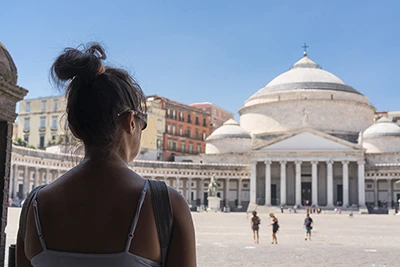 Architecture and Design
Architecture and Design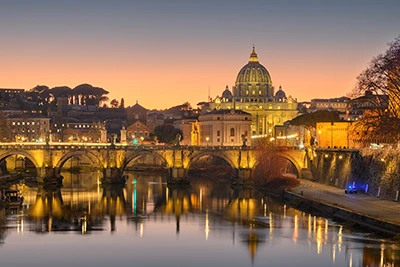 Cities and Regions
Cities and Regions Culture and History
Culture and History Events and Festivals
Events and Festivals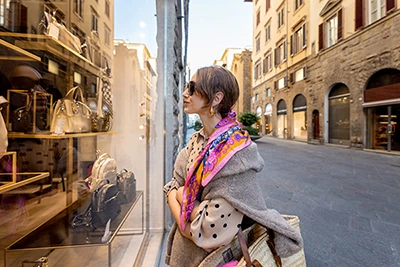 Fashion and Shopping
Fashion and Shopping Food and Wine
Food and Wine Nature and Adventure
Nature and Adventure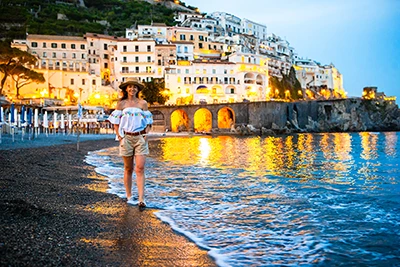 Unique Experiences
Unique Experiences